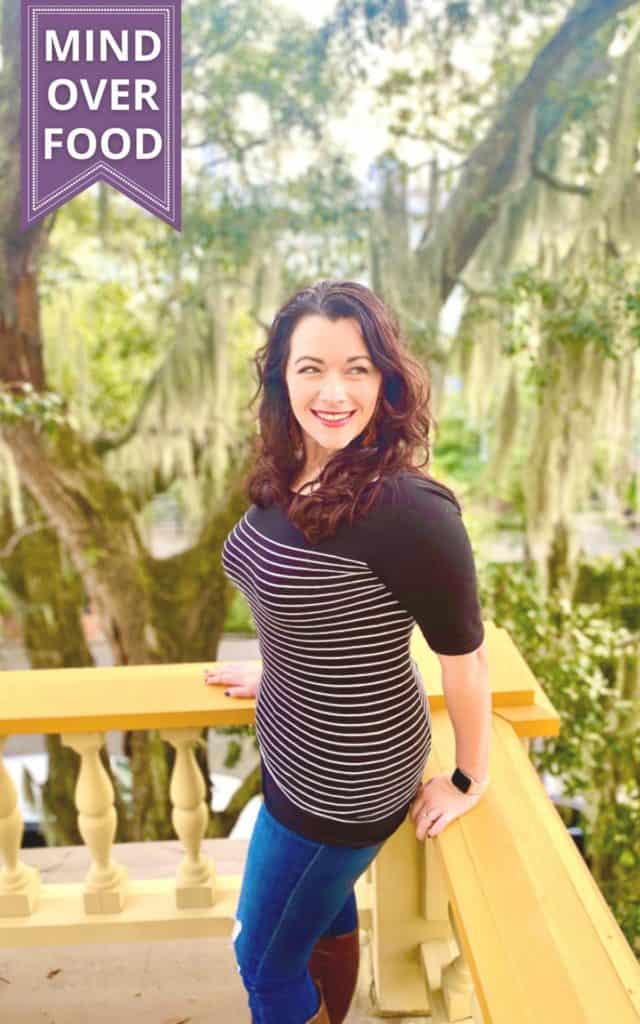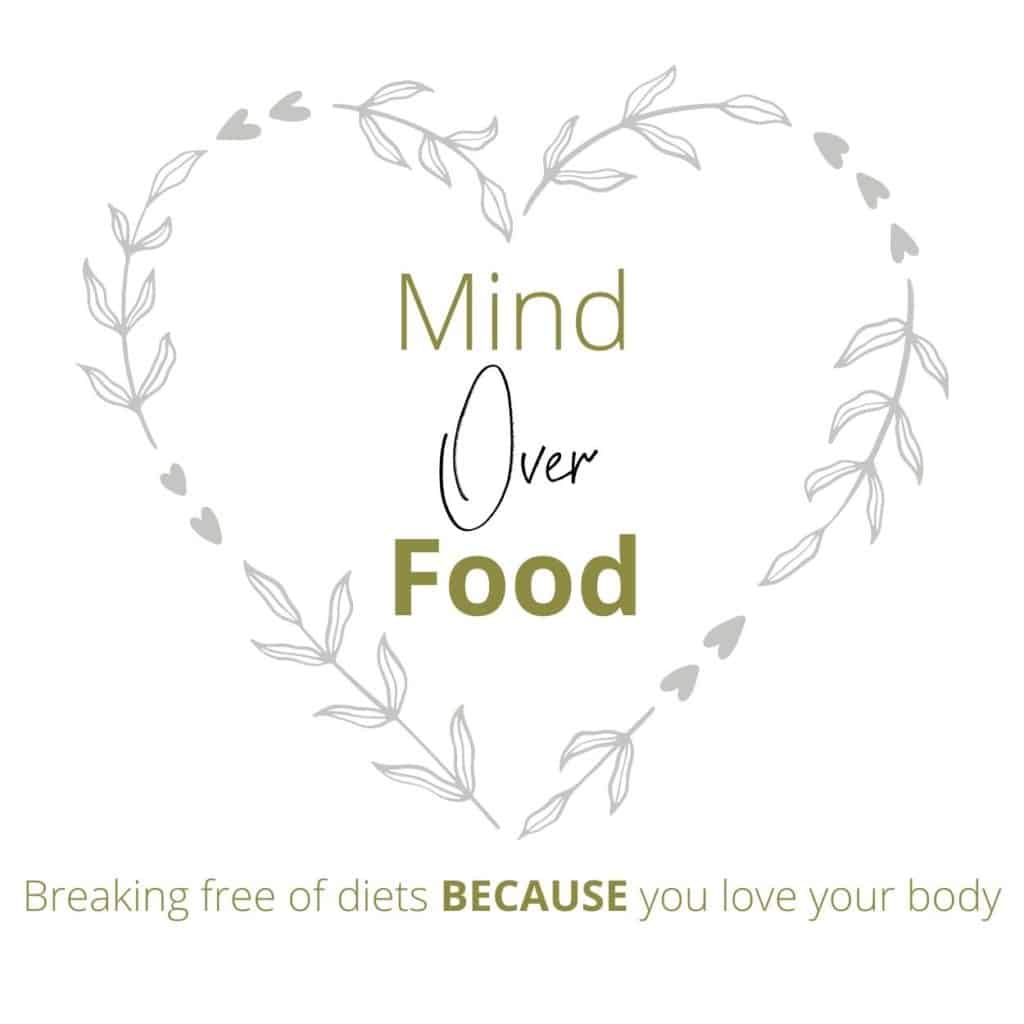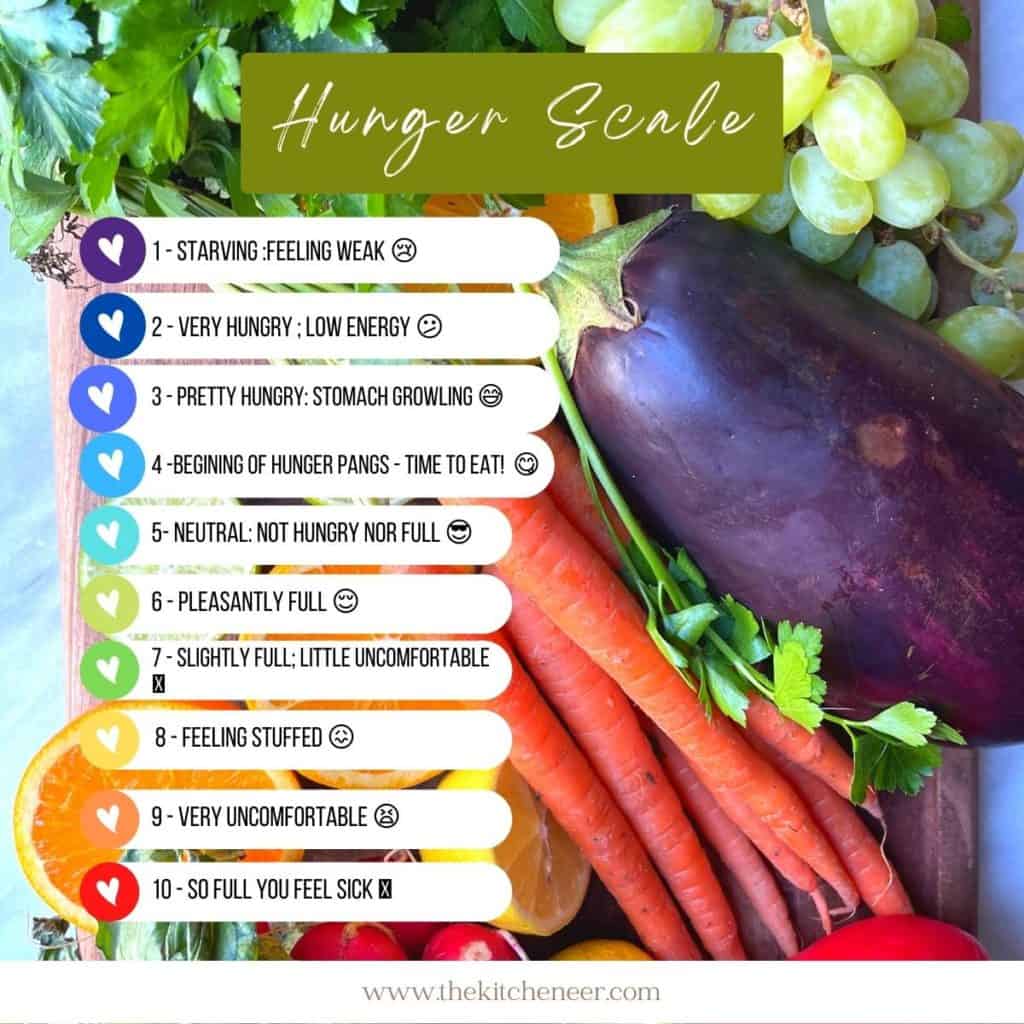Finding my personal food freedom has been an ever changing, ever evolving, ever educational journey. I am by no means an expert in healing your relationship with food, but after DECADES of diets and self-loathing I became aware of how UNHEALTHY my relationship with food really was.
Disclaimer: If you have experienced disordered eating or have had issues in the past, you may want to skip this post. Also, these are MY experiences and you should always do what is best for your wellness and what your doctor says of course!

Now, I know what some of you might be thinking,"A relationship WITH food?" Like WHAT. It may appear pretty abstract. But a lot of us actually have a pretty complex relationship with food.
When you have been dieting for years and years and years, this has some major impact on your body not only physically but mentally as well.
Diet culture in America has brainwashed us that happiness is a size and healthy is a number on a scale. AND THAT IS SUCH A LIE.
Let's be clear. If diets worked you wouldn't be reading this.
Your WORTH and VALUE on this earth is far greater than your gravitational pull to earth.
I had to take a DEEP look inward and a look at my own relationship with food to realize that it was TOXIC. I had major anxiety about every morsel that passed my lips. Refused dinner dates with my husband because my current diet "wouldn't allow" the food served at that restaurant. An OBSESSION with the number on the scale. Restricting my calories so much that I would almost black out at work. I decided I was DONE with diets for good. This was 3 years ago. Food freedom is something that requires mindfulness, consistency, and gives yourself permission to just ENJOY life without a fixation on food.
What is a "healthy" relationship with food?
A healthy relationship with food actually has less to do with what you are eating but becoming aware of your behavior around food. When you have a healthy relationship with food you will not be fixating on food but rather a sense of freedom.
Diets have a way of psychologically destroying our relationship with food.
(To be CLEAR I am not talking about medically advised diets given by your doctor. I am talking about diets that you choose to do to achieve a weight based goal).
When I tell you that you can't have... cheese. What is the ONE thing you want now? Cheese. When diets label foods as "good" or "bad" it restricts not only your food groups but your physiological hunger and you become FIXATED on the things you "can't" have.
It was my biggest realization after doing rounds of the Whole30. Of my constant thought "I am so going to have_____ food after my Whole30". WHAT? I became obsessed with the foods I was going to have after my 30 days. And after those 30 days we would over eat all the junk food and pretty much erase everything we did. It's not sustainable.
I was TIRED of being shackled to a diet. I DO NOT want to be 80 years old still trying the next fad diet.
I am so glad I WOKE UP and improved my relationship with food.

Signs you might have an unhealthy relationship with food.
Before you can improve your relationship with food, you need to become aware of your existing habits and behaviors around food to pin point what needs to change.
- Certain foods are "off-limits"
- You feel shame or guilt after eating foods you have labeled as "bad"
- Find yourself eating in response to an unmet emotion (stress, anger, sadness, even happiness)
- You have tried numerous diets without success
- Have anxiety about events where food will be served
- You ignore your body's physical hunger cues
- If you have a "bad" food on the counter, it is a primary thought and you either A) Eat it all B)Throw it out to avoid temptation
- You feel out of control around food
- Think about food ALL THE TIME
- You find yourself restricting/bingeing food
You don't have to have all of these signs to have an unhealthy relationship with food. Just the underlying anxiety and stress of eating food in general.

How to Start Healing your Relationship with Food
- Listen To Your Body - Basically tap back in to your body's natural hunger cues. This was the VERY first thing I did to find my way to food freedom. I use a Hunger Scale as a visual tool to help me decide my hunger and fullness levels. Eat when you are hungry stop when you are full
- Stop Labeling Food as "Good" or "Bad" - Labeling foods is what gives them power over us and leads us to "cravings". When you take the label off, become inquisitive with yourself...you may discover that you craved sweets so much because you restricted sweets. When you take that label away, sweets won't matter as much to you thus causing you to not even want them!
- Be Inquisitive with Yourself - Ask yourself throughout the day, "Am I actually hungry?" "Why am I searching in the fridge right now if I am not hungry?". For me, I ate out of not dealing with my anxiety and emotional responses. I had to replace food as a coping tool to healthier choices. Now I will have a glass of water and LEAVE the kitchen. Usually the feeling for reaching for food will go away. Or I need to sit with an emotion I have. Am I stressed? Frustrated? Sad? And try to address these emotions rather than stifle them with food.
- Don't Eat Because You Ate - The mentality of "Oh, I ruined my plan today to be consistent with foood... might as well finish the bag." NO. Listen to your body. It's the same mentality of if you cracked your phone screen... "might as well grab a hammer and finish the job". Breathe. Give yourself some grace. You are not going to achieve food freedom over night. It does take effort.
- Choose foods you are excited about AND makes you feel good! - My Type A butt LOVES a list and LOVES creating weekly meal plans that have foods that taste great AND make me feel my best. This is why PART II of my food freedom journey was to understand that loving my body well was feeding it things that made me FEEL GOOD. Nutrition DOES play a part in food freedom. But (for me) came AFTER giving myself permission to simply enjoy food without labels. My only structure I had was to follow this guide for proper portions. At meals I remind myself that my stomach is only as big as my fist, if I eat any more than that it can cause distention. Eating in this manner means that I tend to eat a little more frequently. I use the hunger scale + this portion guide to help with my own physical cues vs how much my stomach should actually be able to hold.
- Accountability - choosing this food freedom life can be challenging sometimes. It could feel like you're in a boat without a paddle. But don't worry! That's why I use tools like the hunger scale, portion guide, and meal plans to aid this process. But having a partner is a GAME CHANGER. Breaking old habits with food can be a daunting effort and having a friend/family member in your corner can change everything.
I needed to tell my husband that these healthy habit changes were important to me and to call me out if he saw me eat without checking in on my emotions or hunger level. Or if I was being sneaky (I used to sneak food). It stung the first time he called me out. My reaction was frustration and anger. But he just holds me and tells me that it's what I wanted and he loves me enough to always give me what I need even though it's hard sometimes.
Resources I Recommend to Kickstart Your Food Freedom Journey
How To Have Your Cake and Skinny Jeans Too
Instant Loss Eat Real Lose Weight
If you are looking for more ways to be mindful, do the HEART work, break the chains of diets... I truly hope this post brought you hope, courage, and the strength to create something new in you.
Check out my Mind over Food series here and here. More posts like this one to come and I CANNOT WAIT 🤩

Leave a Reply